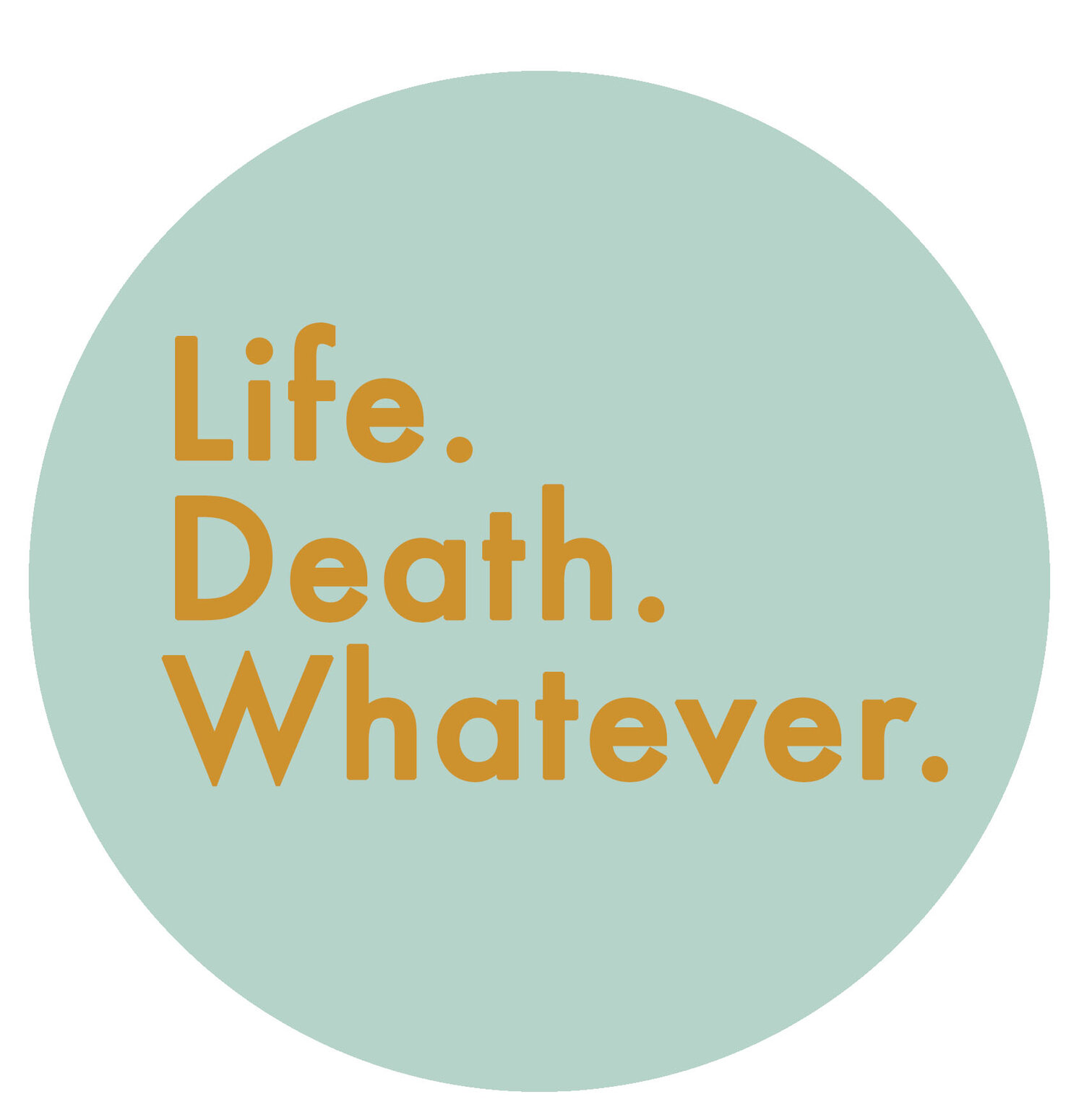By Ellie Reid
whose mum died from cancer
1. Find some music you can scream, howl and rage to. I didn't want to take those feelings into the space I shared with my mum or express them in front of my young child, so when I was alone (often driving) I would listen to Florence and the Machine and LET IT ALL OUT.
2. Know that ultimately all the decisions to be made are those of the person who is ill or dying. You may have strong ideas but you can never fully know what they are going through. Respect this.
3. Ask the doctors, nurses or carers what the death might be like. My horror was that mum would die suddenly and I wouldn't be there or that it would be torturous in some way (fortunately it was neither). There are common signs that the medical profession can discuss with you before death happens.
4. You can make a 'death plan' much like a 'birth plan'. You can think about what music the person might like, people who might be in the room and the stories you might want to share before that person dies. Ideally the atmosphere is calm. Steadying yogi breathing was invaluable to me to get me through being in the room as my mum died.
5. When someone dies after a long illness, you may wonder if the memories of them before the illness will ever become more present. They will. It takes time but the memories of the illness fade and their living, vital self comes back to you.
About Ellie Reid
Ellie Reid is an artist who lives and works in London. Having experienced the death of several family members in relatively short succession, death, grief and loss are themes that have been explored in her sculptural and paper works. The works are an exploration of these themes as a part of life; a way of marking these experiences and recognising the impact they have. You can follow Ellie on Instagram.



